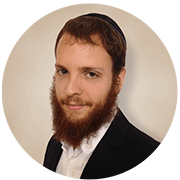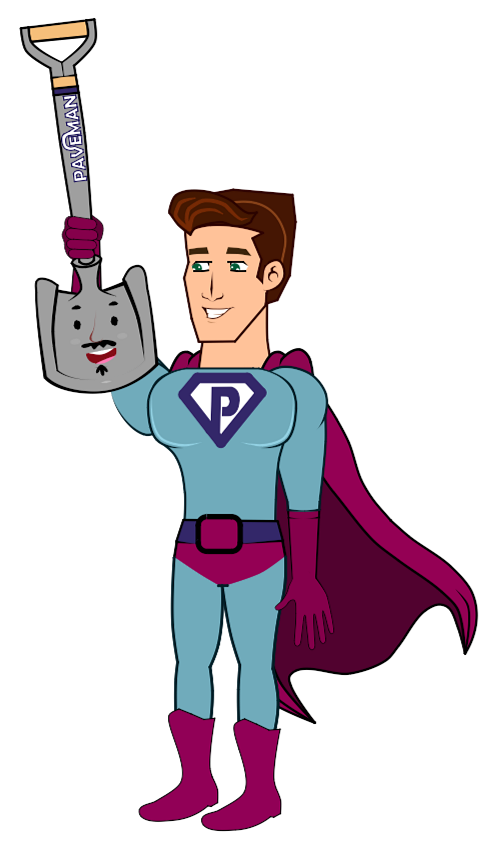In the quiet moments of reflection, we stand together, united by the weight of history and the stories etched upon our hearts. Memorial Day in the United States and Yom HaZikaron in Israel serve as poignant reminders of the cost of freedom and the sacrifices made by those who gave their lives in service to their countries. These solemn observances, each carrying its own cultural and historical significance, bind nations together with a shared purpose: to honor and remember the fallen soldiers who selflessly offered their lives so that others may live.
As the sun sets on the horizon, casting a golden glow upon countless graves, Memorial Day emerges from the depths of the American experience. Rooted in the aftermath of the American Civil War, this somber occasion evolved from a local tradition of honoring fallen soldiers to a national day of remembrance. It is a time when the nation collectively pays homage to the courage, resilience, and unwavering spirit of those who fought and died for a cause greater than themselves.
In Israel, Yom HaZikaron stands as a testament to the indomitable spirit and unwavering determination of the Jewish people in pursuit of freedom. Born out of the crucible of the country’s struggle for independence and the ongoing conflicts that followed, this day of remembrance echoes the cries of the fallen soldiers and victims of terrorism. It is a day of shared grief and unity when the nation pauses to remember the sons and daughters who made the ultimate sacrifice to safeguard the homeland.
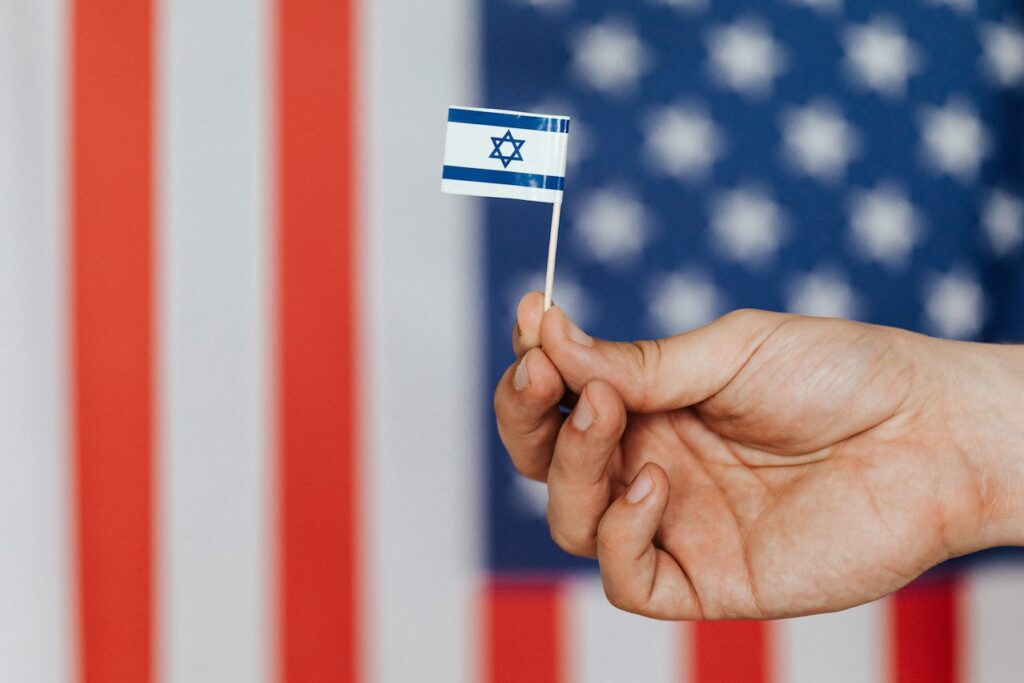
Memorial Day in the US
In the United States, Memorial Day is an occasion that transcends mere ceremony and becomes a tapestry woven with deep-rooted traditions. It is a time when the nation collectively converges upon hallowed grounds to honor those who made the ultimate sacrifice.
Amidst this solemn backdrop, parades march through city streets with solemn pride. Veterans, adorned with medals and wearing their uniforms with dignity, stand tall as the living embodiment of sacrifice and valor. Bands play mournful melodies, their haunting notes drifting through the air, blending with the hearts of onlookers. Jews in the US also join this celebration, for they are also thankful of being able to live freely.
As the processions pass by, faces etched with both grief and gratitude watch, acknowledging the unwavering dedication and selflessness that inspired these heroes to lay down their lives.
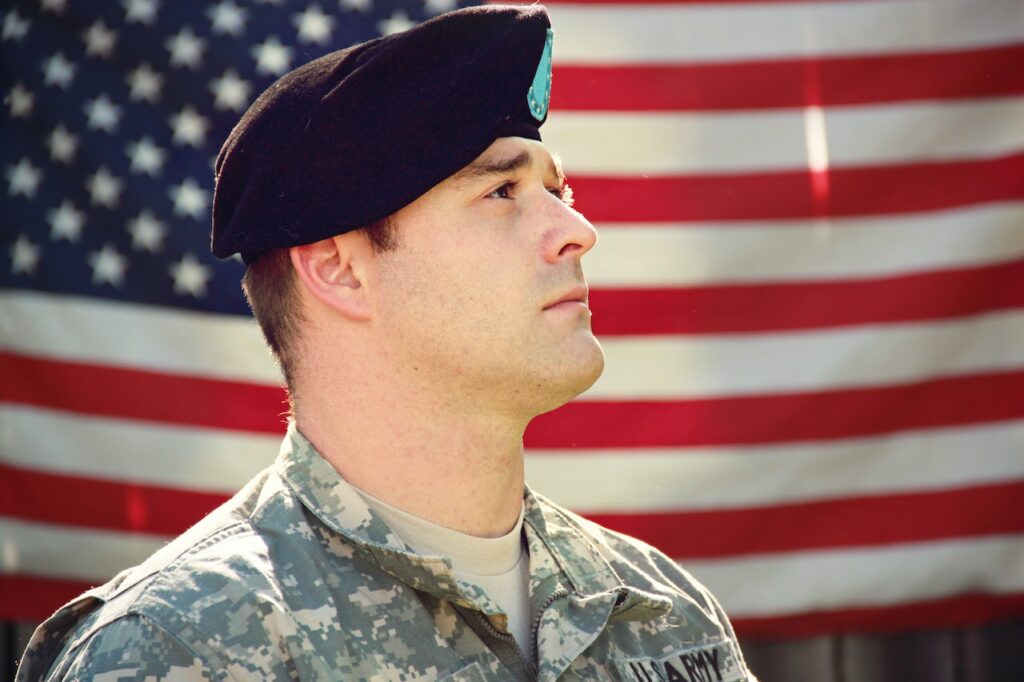
While Memorial Day may bear the weight of remembrance, it also carries the spirit of celebration. In backyards and parks, the aroma of smoky barbecues fills the air, mingling with laughter and the joyous clamor of children at play. Families and friends come together, sharing stories and memories, basking in the warmth of camaraderie, and finding solace in the knowledge that the sacrifices of their loved ones were not in vain.
Yom HaZikaron in Israel
Across the globe, Yom HaZikaron unfolds in a land steeped in ancient history, its ancient stones bearing the imprints of countless lives intertwined with destiny. As the sun sets, casting long shadows upon the rolling hills, an ineffable solemnity engulfs the land of Israel. The nation unites in a collective act of remembrance, where the heartbeats of millions synchronize in harmony with the memories of fallen heroes.
In the stillness of the night, sirens pierce the air, their mournful wail penetrating every corner of the country. Time stands still as people from all walks of life pause in their tracks, their faces etched with reverence and sorrow. From bustling cities to remote villages, workplaces to busy intersections, a nation in unison pays homage to those who fell in defense of their sacred heritage.
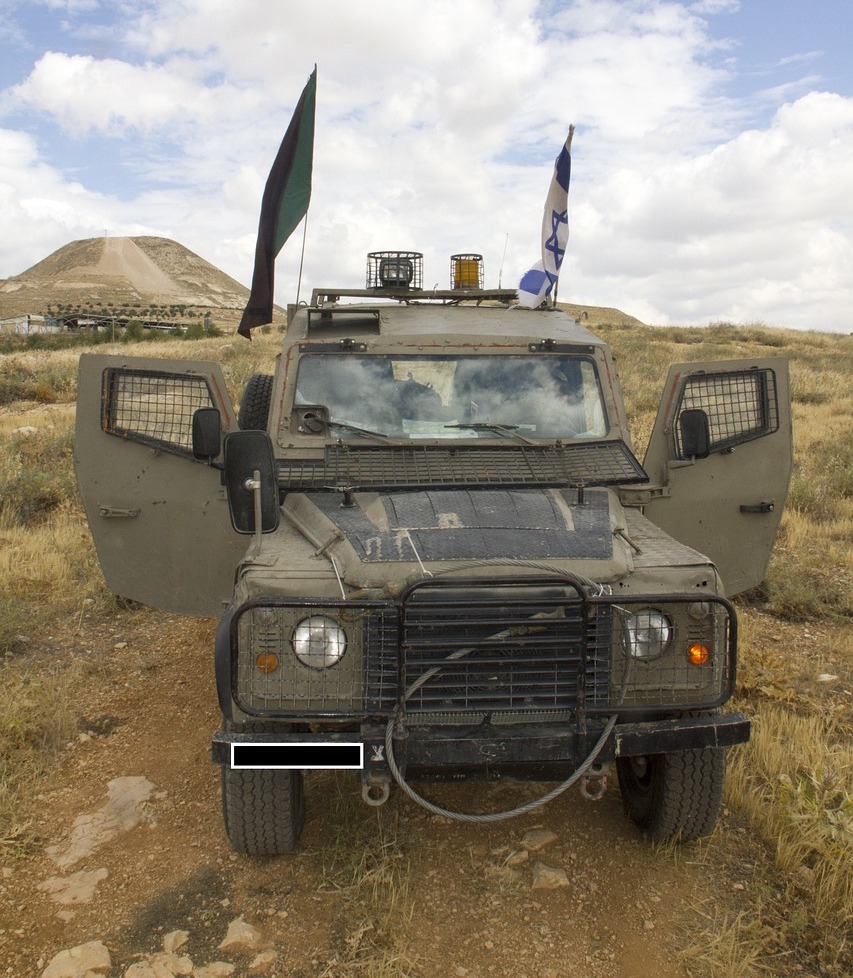
At military cemeteries, loved ones gather around graves adorned with flowers and symbols of remembrance. As candles flicker, their gentle glow illuminates the stories etched upon each headstone, stories of valor and sacrifice that have become interwoven with the nation’s identity.
We spoke in a previous article that solemn ceremonies take place, filled with poignant speeches and heartfelt prayers, as families and friends embrace the bittersweet memories of those they have lost.
Yom HaZikaron extends beyond the confines of cemeteries and embraces the wider public. The weight of remembrance is borne by all, as shared grief becomes the common language that binds the nation. Public memorials become sacred spaces, where individuals gather to reflect upon the collective pain and resilience of the Israeli people. The names etched upon these memorials represent not just lives lost, but the unbreakable spirit of a nation that endures. There are also special prayers and ceremonies.
In this convergence of commemoration and grief, Yom HaZikaron serves as a powerful reminder that the Israeli experience is one of resilience and determination. It is a testament to the unwavering spirit that has propelled the Jewish nation forward, even in the face of adversity. The observance of Yom HaZikaron fosters a profound sense of unity and solidarity, as Israelis from all walks of life come together to acknowledge the sacrifice of their fallen soldiers and victims of terrorism. It doesn’t matter whether one is religious or not, everyone joins one way or another.
Cultural Differences and Similarities
Though separated by geography and culture, the observances of Memorial Day in the United States and Yom HaZikaron in Israel share a profound commitment to honoring the fallen and preserving their memory. They serve as poignant reminders of the human cost of conflict, the depth of gratitude owed to those who fought for freedom, and the unbreakable bonds forged through shared sacrifice.
Yom HaZikaron and Memorial Day, while rooted in the common purpose of remembrance, bear distinct cultural differences that reflect the unique histories and identities of Israel and the United States. These differences, however, only serve to deepen our understanding of the universal themes inherent in honoring fallen soldiers.
One notable cultural difference lies in the observance of Yom HaZikaron as a nationwide day of mourning in Israel. The entire country, from bustling cities to rural communities, comes to a standstill as sirens pierce the air, evoking a collective moment of silence.
This unique practice highlights the deep sense of unity and interconnectedness within Israeli society, as the nation sets aside differences to honor those who made the ultimate sacrifice.
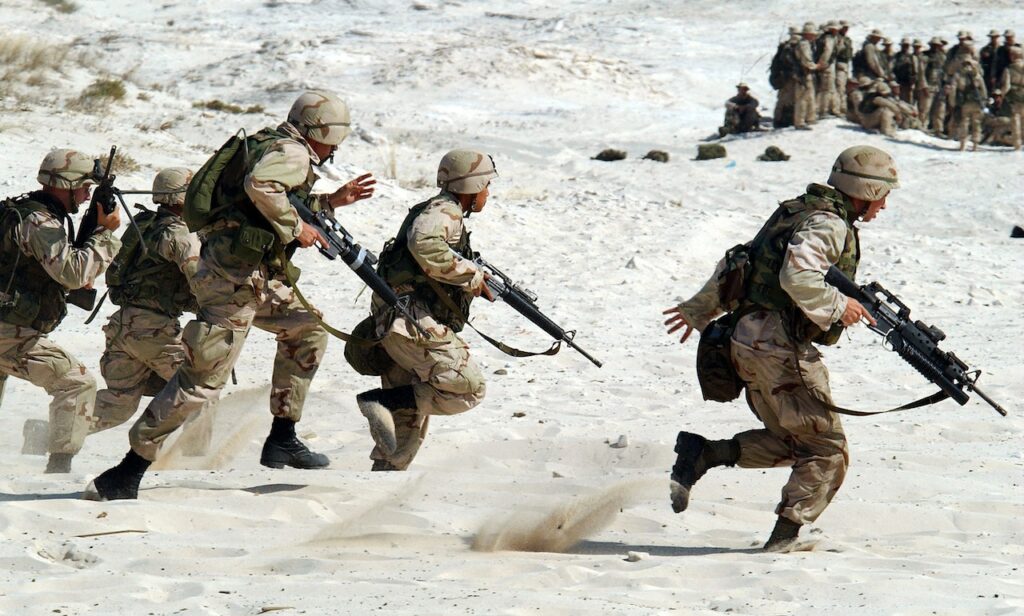
In contrast, Memorial Day in the United States combines solemn remembrance with a spirit of celebration. It is a time when families and friends gather for barbecues, parades, and sports events, blending expressions of gratitude and patriotism with the enjoyment of leisure. This cultural characteristic reflects the American tradition of honoring the fallen while cherishing the freedoms they fought to protect, symbolized by the collective gathering and communal activities.
However, despite these cultural differences, Yom HaZikaron and Memorial Day share common threads that bridge the divide. Both observances bear witness to the profound impact of war and conflict on nations and individuals. They remind us of the immeasurable debt owed to those who gave their lives for the sake of freedom, regardless of nationality or creed.
But let’s explore their lessons in depth:
Lessons for Humanity
Yom HaZikaron and Memorial Day offer invaluable lessons for humanity, transcending borders and resonating with people from all walks of life. These observances invite us to reflect upon universal themes and challenge us to embrace a collective responsibility for a better world.
- The Human Cost of War: Yom HaZikaron and Memorial Day serve as poignant reminders of the human toll exacted by war. They compel us to recognize the devastating consequences of conflict, fostering empathy and encouraging us to seek peaceful resolutions to disputes. By acknowledging the profound loss and grief experienced by countless families, we are motivated to work toward a world where dialogue, understanding, and diplomacy prevail over violence.
- Gratitude and Appreciation: Both observances emphasize the importance of gratitude and appreciation for the sacrifices made by soldiers and their families. They call upon us to recognize the freedoms and privileges we enjoy today, which were safeguarded by the brave men and women who made the ultimate sacrifice. Yom HaZikaron and Memorial Day inspire us to express gratitude not only through words but also through actions, by actively working towards creating societies that honor the principles for which they fought.
- Unity and National Identity: Yom HaZikaron and Memorial Day foster a profound sense of unity and national identity. They remind us that despite our differences, we are bound together by the shared values of remembrance, honor, and resilience. These observances prompt us to set aside divisions and find common ground, reinforcing the notion that in times of tribulation, we can rise above our disparities to honor the sacrifices of those who came before us.
- Preserving the Memory: Yom HaZikaron and Memorial Day underscore the importance of preserving the memory of fallen soldiers. They encourage us to actively engage in storytelling, education, and commemorative practices to ensure that future generations understand and appreciate the sacrifices made by those who fought for their countries. By preserving these memories, we cultivate a collective consciousness that serves as a guiding light towards a more peaceful and compassionate world.
As we observe Yom HaZikaron and Memorial Day, let us carry forward the lessons they impart. May we embrace the shared humanity that underlies these observances and work towards a future where conflicts are resolved through dialogue, understanding, and empathy. Let us strive to create societies that value the sanctity of life, where the sacrifices of fallen soldiers are honored by upholding the principles they fought for—freedom, justice, and peace.
Yom HaZikaron and Memorial Day teach us that the impact of war extends far beyond the battlefield, reaching into the homes and hearts of those left behind. It is our duty as a society to provide support, empathy, and resources to families who have lost loved ones in service to their countries. By doing so, we ensure that their sacrifices are not forgotten and that their burdens are shared.
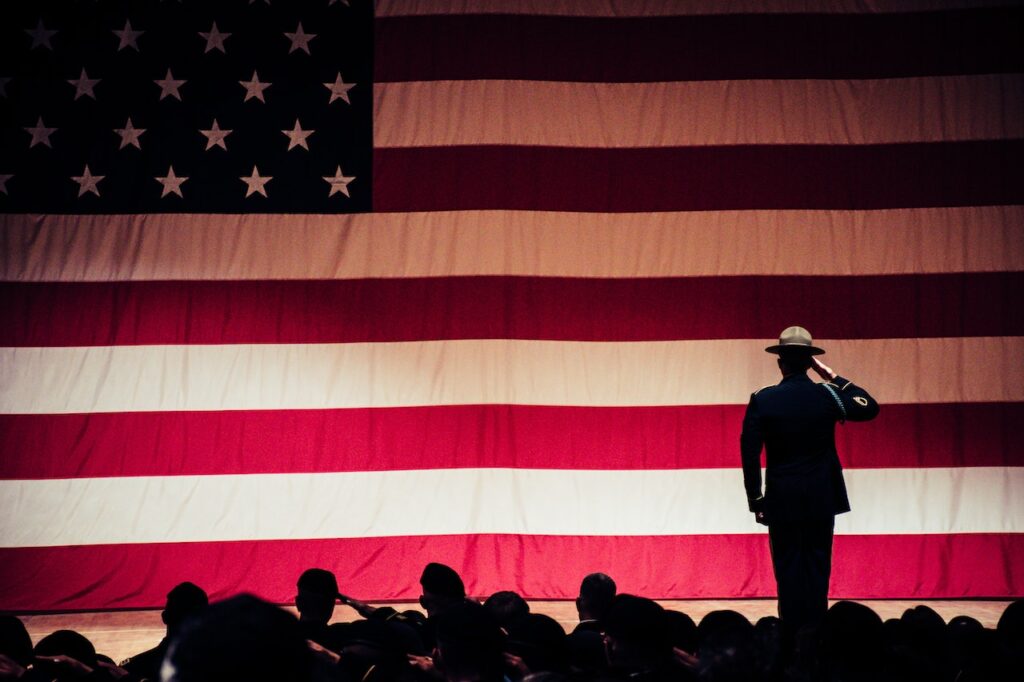
Moreover, Yom HaZikaron and Memorial Day challenge us to reflect on the broader implications of war and the pursuit of peace. They urge us to question the systems and structures that perpetuate conflicts and to strive for alternative paths towards resolving disputes. These observances call for diplomacy, dialogue, and a commitment to finding nonviolent solutions to global challenges. They remind us that the ultimate goal should be a world where the sacrifice of soldiers is no longer necessary, where peace reigns supreme, and where the horrors of war become relics of the past.
In conclusion, Yom HaZikaron and Memorial Day stand as powerful reminders of the shared experiences, values, and aspirations that bind humanity together, but more specifically Israel and the United States which have always shared democratic values and freedom.
As we honor the fallen on these solemn occasions, let us also carry the lessons learned into our daily lives, becoming ambassadors for understanding, compassion, and the collective responsibility to create a world where the sacrifices of fallen soldiers truly achieve their intended purpose—a world free from the ravages of war and filled with the blessings of lasting peace.

